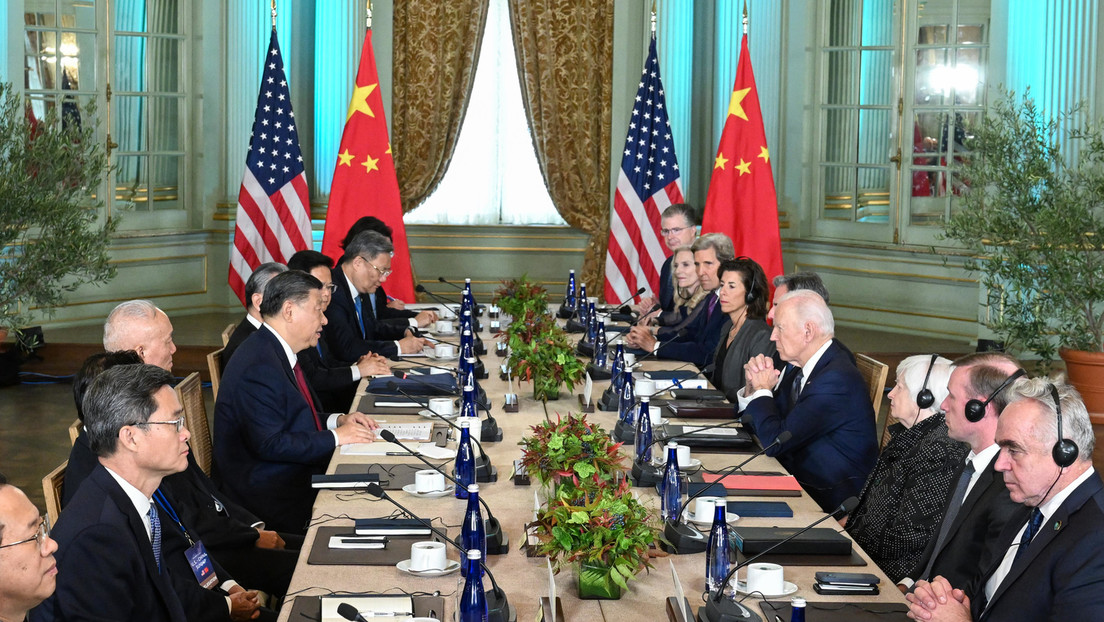China counters US blockade on chips with export ban on special machines
The meeting between US President Joe Biden and Chinese President Xi Jinping didn’t really change anything. The US maintains its trade barriers, and China reciprocates. And chooses a technology that the West does not have.
The United States is trying to hinder China’s economic rise in a variety of ways. One tool used is, for example, the ban on exporting machines for the production of high-quality computer chips to China. A ban which, according to reports in the Chinese press, has now been largely made ineffective by the development of its own machines.

At the same time, the United States – and the EU – have announced plans to reduce “dependence” on Chinese rare earth products. Two thirds of all rare earths used worldwide are mined in China. The Western countries’ plans include looking for other possible suppliers and increasing funding there.
The rare earths are seventeen different metals that were called “earths” because they are not found pure in nature but only as oxides. The color of LEDs, for example, is determined by the rare earths used. They are needed for smartphones and electric motors, but they are also used in electronics, in wind turbines and in various products in the defense industry.
The first reaction from China to these announcements was export restrictions on gallium, germanium and graphite. The follow-up that has now taken place is likely to make the whole economic warfare, which has been glossed over as “decoupling,” much more difficult. Now the export of technology for processing rare earths has been banned. And while the Chinese share in mining is two thirds, it is one hundred percent in processing.
“Until recently, there was hardly any rare earth refinery outside of China. This means its companies and researchers have gained a significant technological and practical advantage in separating and processing these rare earths, while knowledge lags behind elsewhere,”
writes Bloomberg.
The desired “decoupling” could therefore prove to be a greater technological challenge than Western countries expected.
